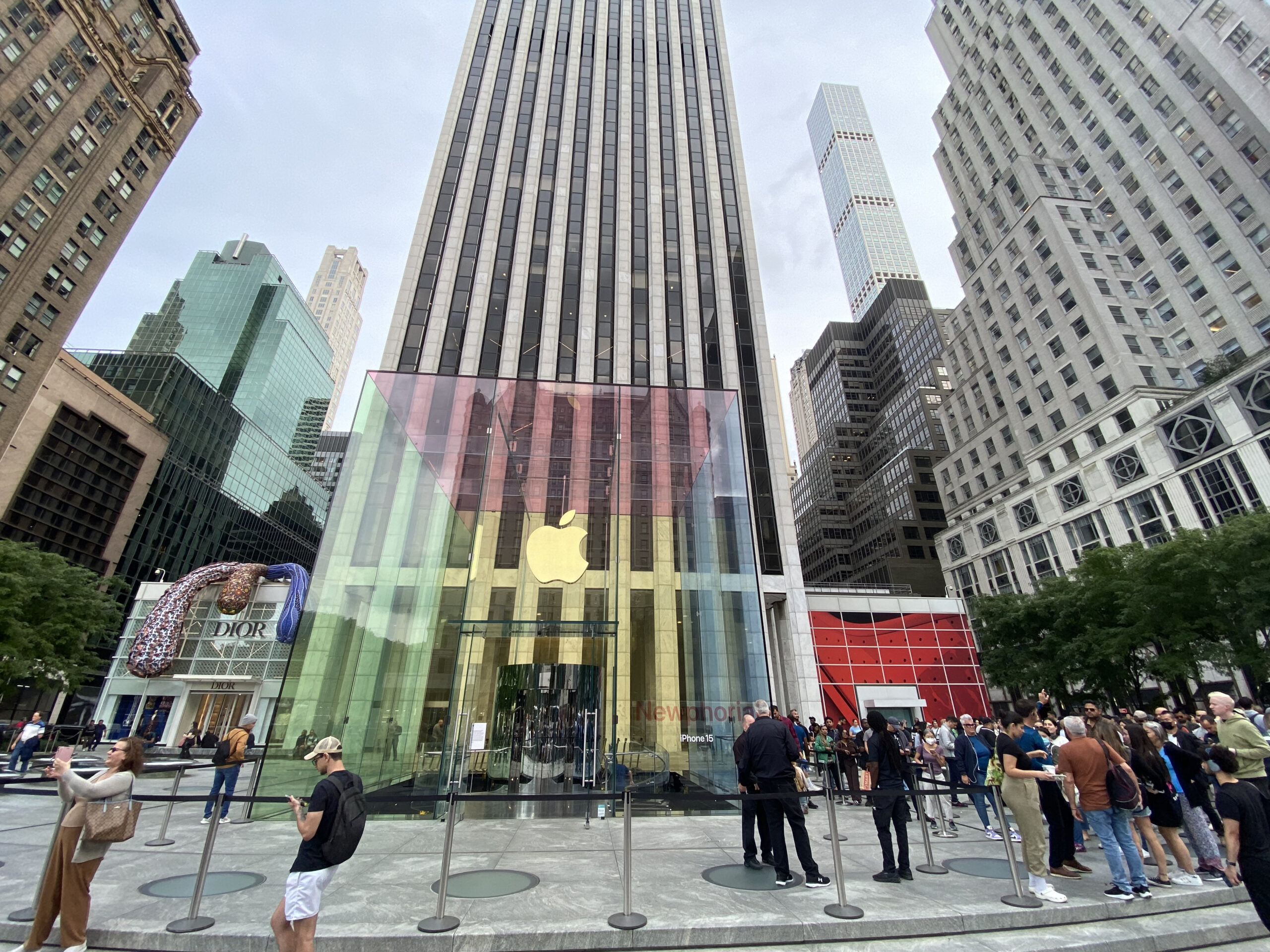Quote of the Day: The Apple eBooks Decision, On Windowing
Today a federal court of appeals in New York upheld an antitrust judgment against Apple, affirming a trial court’s finding that the technology company had coordinated a price-fixing scheme among five major publishers when launching its ebook store in 2010. DisCo has covered the antitrust aspects of the ebook case before [1], [2], but there is a non-antitrust thread in the opinion, regarding windowing, that deserves attention.
As I noted in a previous post, windowing is a content distribution strategy of releasing the same content in different formats and venues at different times. By delaying consumer access to digital content as long as possible, rights holders aim to maximize returns from more traditional distribution outlets. My previous post explored windowing in the motion picture industry, but windowing is practiced in the ebook market as well, with publishers holding back the digital distribution of their catalogue in the hopes that consumers would purchase hardcovers. One of the problems with this windowing business model is that it induces copyright infringement.
Today’s decision by the appeals court notes that publishing executives knew this quite well, but couldn’t bring themselves to break the practice.
Ultimately, however, the publishers viewed even this [windowing] strategy to save their business model as self‐destructive. Employees inside the publishing companies noted that windowing encouraged piracy, punished ebook consumers, and harmed long‐term sales. One author wrote to [a publishing executive] in December 2009 that the “old model has to change” and that it would be better to “embrace e‐books,” publish them at the same time as the hardcovers, “and pray to God they both sell like crazy.”
(emphasis mine)








